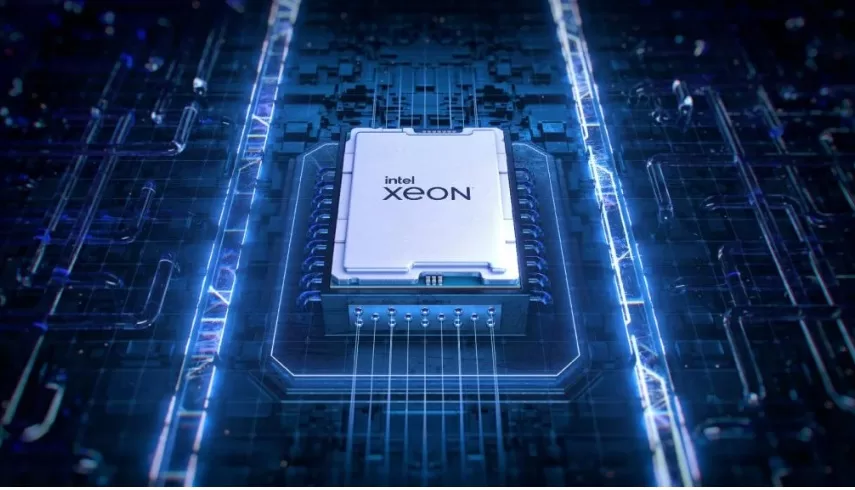
Technology continues to advance rapidly. While this often benefits consumers, even billion-dollar tech giants can sometimes struggle to keep up with this pace. It appears that Intel is currently facing a similar challenge. Nvidia, AMD, and Qualcomm are all working on ARM-based PC platforms, and Apple’s success with ARM-based technology has demonstrated its potential across the PC landscape. If Intel doesn’t adapt to this change, the company could face some serious challenges. Here are the details…
Intel’s PC chip ship is sinking with ARM-ada on the horizon
Intel is facing a number of serious challenges, including the rise of ARM-based PCs and Apple Silicon. Nvidia, AMD, and Qualcomm are all developing ARM-based PC platforms, which could pose a major threat to Intel’s dominance in the PC chip market. ARM-based chips are known for being more energy-efficient and less expensive than x86 chips, which are the type of chips that Intel uses. Apple Silicon has also shown that ARM can be best-of-breed across the PC landscape. Apple’s M1 chip has outperformed Intel’s chips in a number of benchmarks, and it has helped to make Apple’s MacBooks some of the most popular laptops on the market.
Intel also has a history of innovation failure. In the past, Intel has misread the market with the i860, the Itanium, and the Atom processors. These failures have cost Intel billions of dollars and have allowed its competitors to gain ground. In the past, Intel has been able to use its dominance in the PC chip market to force its own standards on the industry. However, this approach is no longer sustainable. Intel needs to collaborate with other companies and be more flexible in order to meet the needs of its customers.
It is too late for Intel to get back into the mobile market, and the dynamics that lost it the mobile market are spreading to popular PCs and laptops. This is because the market is demanding more energy-efficient and less expensive devices. Intel needs to improve its innovation process and focus on customer needs. If Intel can do this, it may be able to survive in the new era of computing. However, if Intel fails to change, it could be left behind by its competitors.








